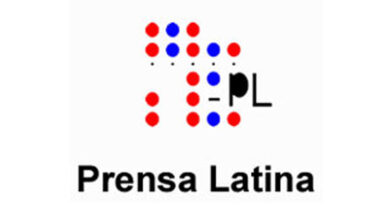Coronavirus: Workers to pay tax on virus tests by their employer
 Image copyright Getty Images
Image copyright Getty Images Workers who have coronavirus tests paid for by their employer will have to pay tax on them.
Tax authorities have confirmed that tests will be treated as a «benefit in kind», and so will be subject to extra income tax for employees.
With some companies requiring regular tests, the tax bills will mount, Treasury Committee chairman Mel Stride has warned.
Chancellor Rishi Sunak has promised to look into the issue «very quickly».
«Many employees, especially healthcare and hospitality workers, are required to undergo regular coronavirus testing,» said Mr Stride.
He said the new guidance from HM Revenue and Customs «is unclear and will worry a large number of workers».
«Many of our key workers could be faced with the perverse incentive of avoiding employer-sponsored tests in order to reduce their tax bill,» he added.
«This cannot be right. I’ve asked the chancellor to look into this as soon as possible.»
In the House of Commons on Tuesday, Mr Stride urged the chancellor to investigate the issue.
Mr Sunak said: «I’m delighted with him for raising this with me and of course we will look into it very quickly.»
Benefits in kind
Benefits in kind are benefits which employees receive from their employers that are not included in their salary.
They are often referred to as «perks» or «fringe benefits», but usually relate to things such as company cars, private medical insurance paid for by the employer and cheap or free loans.
But some company benefits can be tax-free, such as childcare and canteen meals.
HMRC’s guidance published on Monday stated: «Coronavirus (Covid-19) testing kits or tests carried out by a third party which have been purchased by you to provide to your employees are treated as a taxable benefit in kind on the employee.»
That means a cash value will be assigned to the coronavirus test by the employer, then the employee will pay income tax on the amount through PAYE.


